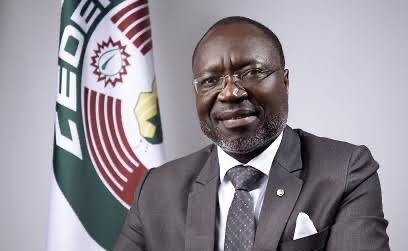Exploring polygamy: Top 10 African countries where the practice thrives
- Polygamy is banned in many countries due to its impact on women’s dignity.
- High polygamy rates exist in West and Central Africa, particularly in Burkina Faso, Mali, and Gambia.
- Polygamy varies by religious affiliation, with higher rates among Muslims but also present among followers of folk religions.
Polygamy is banned throughout much of the world, and the United Nations Human Rights Committee, which has said that “polygamy violates the dignity of women,” called for it to “be definitely abolished wherever it continues to exist.” But there often are limits to government administration of marriages.
In many countries, marriages are governed by religious or customary law, which means that oversight is in the hands of clerics or community leaders.
Recent data reveal that polygamy rates are high in parts of West and Central Africa, where it remains legal. The share of individuals living in polygamous households is highest in Burkina Faso, Mali and Gambia.
Polygamy also tends to vary based on religious affiliation. Muslims in Africa are more likely than Christians to live in this type of arrangement (25% vs. 3%), but in some countries, the practice is also widespread among adherents of folk religions and people who do not identify with a religion.
Here are the top 10 African countries with the highest polygamy rates, according to data from the Pew Research Center
| Country | Polygamy Rate (%) |
|---|---|
| Burkina Faso | 36 |
| Mali | 34 |
| Gambia | 30 |
| Niger | 29 |
| Nigeria | 28 |
| Guinea | 26 |
| Guinea-Bissau | 23 |
| Senegal | 23 |
| Togo | 17 |
| Chad | 15 |













